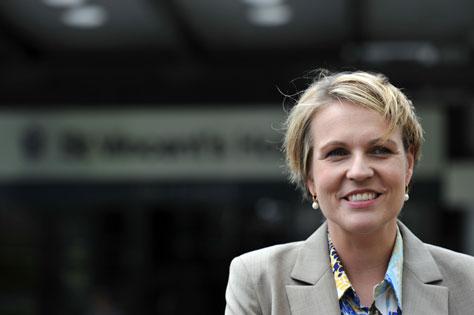Under a landmark $4 billion package, the Gillard Labor Government will also provide dental services to more than one million low income adults and Australians in rural and remote areas, focusing especially on pensioners.
The Dental Health Reform package is an unprecedented initiative to address increasingly poor oral health amongst Australians – in particular, among low and middle income families.
The six-year package announced today includes:
- $2.7 billion for around 3.4 million Australian children who will be eligible for subsidised dental care;
- $1.3 billion for around 1.4 million additional services for adults on low incomes, including pensioners and concession card holders, and those with special needs; who will have better access to dental care in the public system; and
- $225 million for dental capital and workforce will be provided to support expanded services for people living in outer metropolitan, regional, rural and remote areas.
“While Medicare and free hospital care have been a basic right for Australians for decades, millions of people in this country still go without adequate dental care,” Ms Plibersek said.
“We have a responsibility to ensure Australians who are least able to afford to go to the dentist, and particularly children, should be given access to government-subsidised oral health care.”
Ms Plibersek said recent studies showed children in the poorest areas experience one and a half times the amount of tooth decay and cavities, compared to those in the wealthiest areas.
“We also know that low income households have more than double the number of family members with untreated tooth decay compared with high income households.”
Children from the aged two to 17 in Family Tax Benefit Part A-eligible families will be entitled to subsidised basic dental treatment, capped at $1,000 per child over a two-year period. This $2.7 billion initiative aims to address dental decay in children, which has been increasing since the 1990s.
“Investment in our children’s teeth is an investment in the future,” said Ms Plibersek.
“We know that poor childhood oral health leads to poor adult oral health, and has wide-ranging impacts on general health and wellbeing, including strain on our health and hospital system.’’








 Agree (0)
Agree (0) Disagree (
Disagree (










__small.png)










